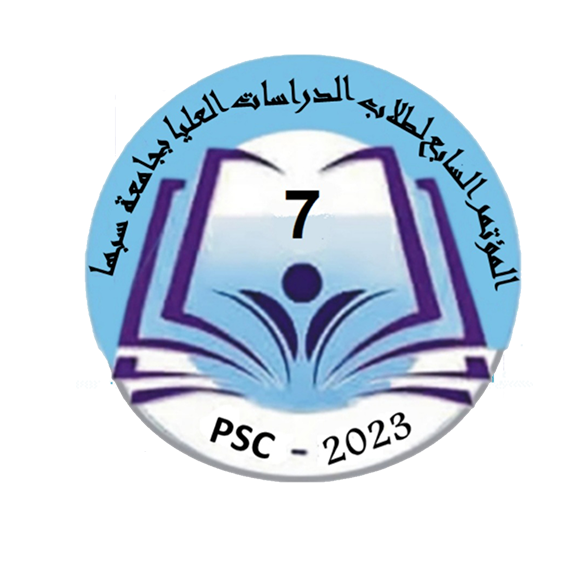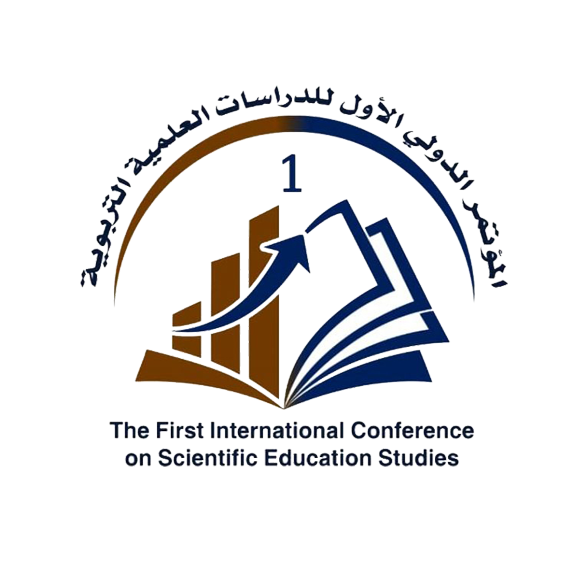The modern European civilization emerged on the basis of the scientific method framed by philosophers of the 19th and 20th centuries. They established knowledge based on experimentation and evidence, embraced by the applied sciences, especially in the fields of mathematics and physics. The new scientific vision then dominated the cognitive branches of the applied sciences, in all their specialties and branches.
The field of humanities did not remain isolated from these achievements since philosophers contributed to establishing its cognitive foundations. Sociology adopted the same methodology to contribute to the scientific renaissance in its human aspect, considering the human mind as the real producer of this knowledge, its guarantor, and the driving force towards progress.
The successes of modern scientific achievements were reflected in the fields of industry and technology. Technological progress became parallel to scientific progress, as technology is a product of science on one hand and the primary contributor to serving it on the other.
On the other hand, a nation’s progress is measured by its focus on scientific research, achieving positive results that serve society and affirm its role in building human knowledge. Scientific research has become a prominent feature of the modern age, highlighting the importance of this conference, which will be a meeting point for researchers in these fields and those interested in them.
The conference will discuss the problem of the relationship between scientific production, technology, and societal development, which presents a set of challenges. Participants in the conference will uncover, study, and find effective solutions, serving humanity, society, and the environment.










 Users Today : 553
Users Today : 553